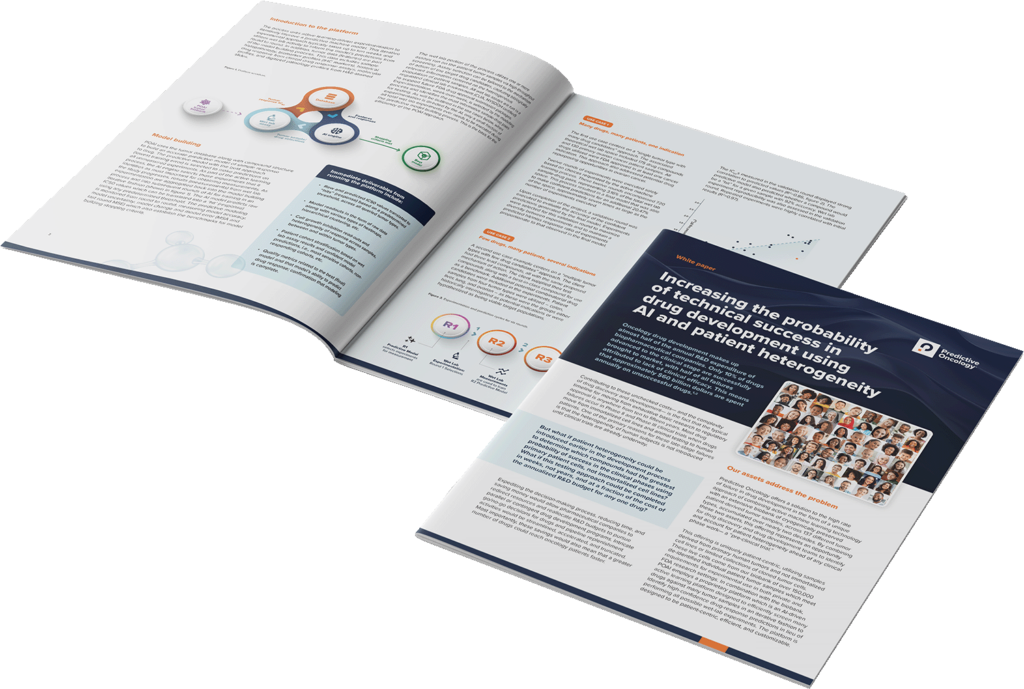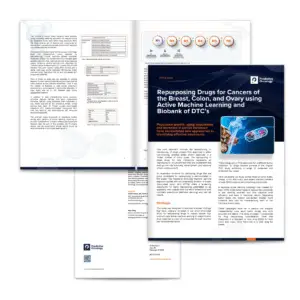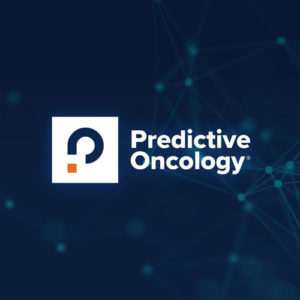
A recent white paper released by Predictive Oncology’s highlights the challenge of late-stage clinical trial failures and the company’s ability to better navigate those obstacles and increase the probability of technical success which is a key metric in target selection, clinical trial design and pipeline replenishment.
In addition to the unpredictable costs associated with late-stage clinical trials, the typical timeline for moving from exhaustive basic research to regulatory approval is anywhere from ten to fifteen years. Most drug failures occur in Phase II and Phase III clinical trials when drugs move from immortalized cell lines and animal testing to human patients. One of the primary reasons for these late-stage failures is that the heterogeneity of human subjects is not introduced until clinical trials are already underway.
Predictive Oncology offers a solution to the high failure rate inherent in drug development in the form of a unique approach of leveraging artificial intelligence and active machine learning and access to an extensive biobank of cryogenically preserved patient-derived tumor samples, across 137 different tumor types, accumulated over more than twenty-years. By combining these two assets, this offering represents an opportunity to de-risk drug discovery and accelerate pipeline development.

